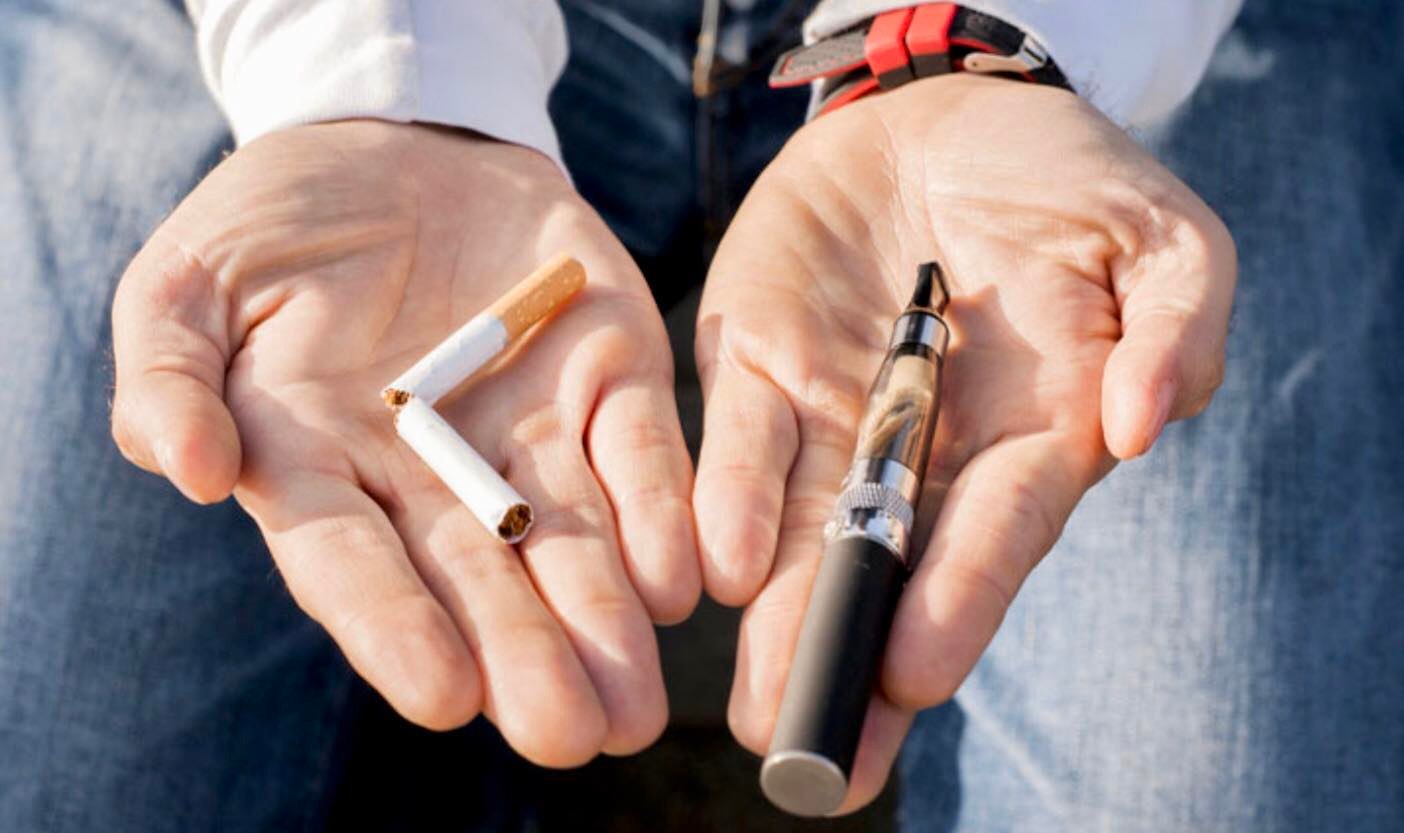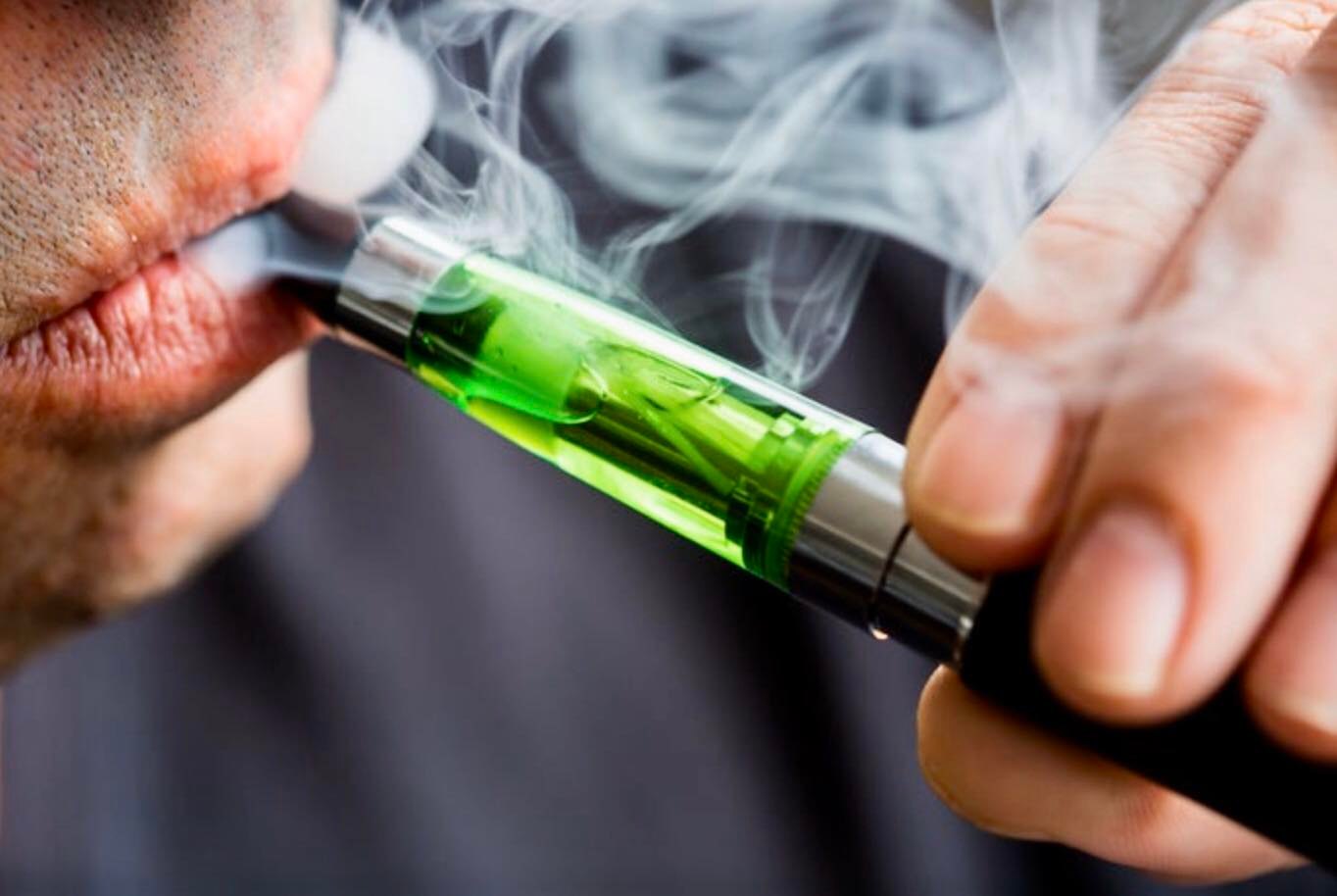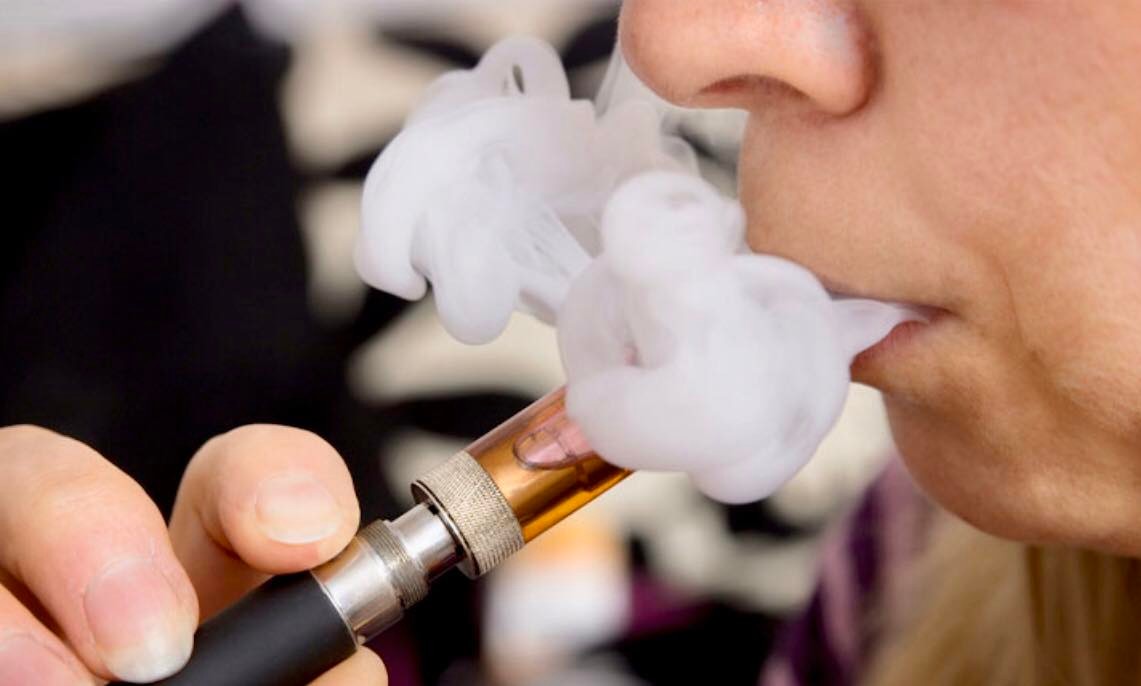Text by Henrylito D. Tacio
Photos courtesy of Getty Images and mountelizabeth.com.sg
Veto Vape Bill urged Parents Against Vape (PAV), an alliance of parents, teachers, public health experts, and community groups. In a recent media briefing held at the Acacia Hotel, the PAV – along with more than 5,000 people who signed the petition – asked President Rodrigo R. Duterte to scrap the said bill.
“As a concerned parent, I am afraid that this Vape Bill will be another problem on substance abuse Filipino families and the government, in addition to the existing ones, have to contend if this is not vetoed by President Duterte,” Imelda Esposado-Gocotano, PAV convenor, said in her speech during the opening of the media briefing.
But local and foreign experts argued that the Vape Bill is the most comprehensive legislation that could effectively regulate the use of alternative tobacco products (ATPs), which they consider as the best intervention at the moment to aggressively reduce the prevalence of smoking in the country, and help save lives of the 16 million Filipino smokers.
“As parents, we are alarmed at the provisions of the bill. (It) lowers age of access, allows flavors that entice children and youth, makes them available online, allows the use of cigarettes in public places, and transfers its regulation to the Food and Drug Administration (FDA),” said the group in their letter signed by Esposado-Gocotano.
Dr. Edgardo Ulysses Dorotheo, executive director of the Southeast Asia Tobacco Control Alliance (SEATCA), belied the claim of vaping supporters that HTPs or electronic nicotine delivery devices are “switching products,” claiming it to help smokers quit.
“The reality is that there are many smokers who – when they try to quit smoking and use e-cigarettes – become dual users,” Dr. Dorotheo said, citing The Guardian news report stating that the inventor of e-cigarettes, Chinese pharmacist Hon Lik, became a dual user himself.
However, a group of doctors and healthcare professionals who also wrote President Duterte a letter endorsing the bill explained that the updated version of the bill actually provides strict provisions to protect the youth.
Based on news releases, the bicameral conference committee’s report on consolidated House Bill 9007 and Senate Bill 2239 showed the sale of e-cigarettes with flavor descriptors that appeal to the youth will definitely be banned.


Rep. Sharon Garin, House Committee Chairperson for Economic Affairs and a member of the Vape Bill house bicameral panel, explained in a news release that the passage of the Vape Bill is actually solidifying the provisions of RA 11467 and Executive Order No. 106 issued by President Duterte and in particular banning the sale of e-cigarettes with flavors other than menthol and tobacco.
Rep. Estrellita Suansing, one of the authors of the Vape Bill in the House of Representatives and a long-time health advocate, added that the lawmakers were well aware of the concerns related to flavors when they drafted the bill and made sure that the bill is very restrictive when it comes to flavors.
“We understand that flavors should not be used to target minors and non-smokers. The goal has always been to reach adult Filipino smokers and convince them to use these products instead of cigarettes,” she said.
For his part, House Deputy Speaker Rodante Marcoleta assured that the bill has very strict safeguards to protect the youth and prevent them from being enticed to using it. “Out of the 30 provisions of the entire bill, half of it is for prohibition, especially (for) minors who should not be given access to these products,” he said.
On the other hand, the PAV appealed to the president to support the strict regulation of vape products. “We have enough laws and policies that strictly regulate these harmful products which you issued. Thus, we humbly ask you, Mr. President, to protect your legacy, maintain these laws and policies, and allow their full implementation. Mr. President, please veto the vape bill 2022 for the full protection of our children and the youth,” the group pleaded in their released statement.
“We already have a comprehensive and strict regulatory regime for vape regulation as embodied in Republic Act Nos. 11346 and 11467 and EO 106 signed by President Duterte. The Vape Bill 2022 reverses the policy of the Duterte Administration against these addictive and toxic products,” said Atty. Benedict Nisperos of HealthJustice pointed out.
He stressed that the vape bill “reverses” the key policies that will ensure that kids are protected from these harmful and toxic products. He cited that the age of access restriction is reduced from 21 years old to 18 years old when the higher age restriction is the global best practice.
“The regulatory power is taken away from the FDA and exclusive jurisdiction is given to the Department of Trade and Industry (DTI), when these toxic products should be under FDA’s jurisdiction,” Atty. Nisperos argued.
Rep. Guarin, however, begs to disagree. “Except for the age requirement, the Vape Bill does not repeal the provisions of RA 11467 and EO 106. It actually strengthens it,” she stressed.
The FDA, she said, will continue to have exclusive jurisdiction and regulate vapor products with health claims, while the DTI will regulate vapor products without claimed health benefits. The FDA will also be involved in the drafting of the implementing rules and regulations and the product standards that will be required for vapor products.
Rep. Garin explained that the Vape Bill does not take away the jurisdiction of the FDA to regulate vapor products with claimed health benefits. “It merely provided clarity and delineation that for vapor products without health claims, it will be the DTI who will be the regulatory body,” she said.
The Vape Bill was overwhelmingly approved by both the House of Representatives and the Senate, with 195 House representatives and 19 senators voting for its approval.
There also appears an overwhelming approval of the public, based on a recent survey by ACORN Marketing and Research, the largest independent Asian Research network. The survey showed that 94% of Filipino smokers agree that the government should enact policies to encourage adult smokers to switch to less harmful alternative tobacco products.
Dr. Rafael R. Castillo and his research group at the CardioMetabolic Research Unit (CaMeRU) of the FAME Leaders Academy are likewise against the promotion of vape and other alternative tobacco products (ATPs) among teenagers and minors, but supports the regulated use of ATPs for current smokers, particularly recalcitrant smokers, in whom all interventions at smoking cessation have failed.
In the Philippines, recent studies showed four in 10 students reported ever smoking cigarettes. Approximately one in 8 students who had smoked cigarettes reported smoking their first cigarette before age 10.
“These ATPs should be off-limits to the youth and those who are currently not smoking,” Dr. Castillo points out. “ATPs should also be subjected to appropriate sin taxes so it’s beyond the financial reach of the youth. ATPs should not be allowed to be promoted or advertised.”
Dr. Castillo urges health officials to prevent the youth from joining the ranks of smokers. “The evil of smoking must be included in the curriculum of elementary and high school,” he suggests. “Teaching by example is also very important. Children tend to follow what they see their parents do. Smoking parents should refrain from letting their highly impressionable small children see them smoke.”
Unlike the PAV, Dr. Castillo’s group batted for the passing of the consolidated bill on vaporized nicotine products. “Passing into law, the Vape Bill is a significant starting point and a definitive step in the right direction to drastically reduce the number of smokers and the resulting deaths,” said a letter addressed to the president.
“We wish to make it clear, Mr. President, that all of us are against tobacco smoking, and many of us are staunch advocates and supporters of anti-smoking campaigns and any initiative that could help our smoker-patients quit smoking. It is indisputable that smoking kills,” the letter further stated.
Approximately 110,000 Filipinos die every year from smoking-related diseases such as lung cancer, stroke, and heart attack, to name a few. “That is roughly 300 Filipinos dying every day from smoking-related diseases,” the letter said. “These are deaths that may have been prevented if only they were given viable alternatives.”
The group is referring to ATPs like vape products which could “at the very least, help mitigate the risks of serious smoking-related complications.”
As stated earlier, more than 16 million Filipinos still continue to smoke cigarettes, according to the Department of Health (DOH). “Many of them are recalcitrant smokers, who simply could not stop smoking despite joint efforts by themselves and their physicians at
complete smoking cessation,” the letter said.
The Geneva-based World Health Organization (WHO) said only 4% of all the Filipino smokers kick the addictive habit every year. “Simply put, it will take roughly another 25 years for all of the 16 million Filipino smokers to stop smoking – and that is assuming there will be no new smokers for the next 25 years,” the group pointed out.
Dr. Castillo said the ATPs should not be made available to non-smokers, pregnant women, and, most especially to young people. “The main targets are smokers who want to quit,” said Prof. Tikki Ella Pangestu, who used to be the director of WHO’s Department of Research Policy and Cooperation.
The battle against smoking is a long fight, Dr. Castillo says. “It may be a Pollyannic or blindly optimistic goal to completely eradicate cigarette smoking with ATPs, but even just a 10% reduction in smokers annually can go a long way in saving lives,” he says.
Prof. Pangestu said that ATPs should be promoted along with other options. “We need to see vape and heated tobacco products as a complement to other available options such as education, quit lines, counseling and education and nicotine replacement therapies (such as nicotine patches, gum, and nasal sprays among others).”

